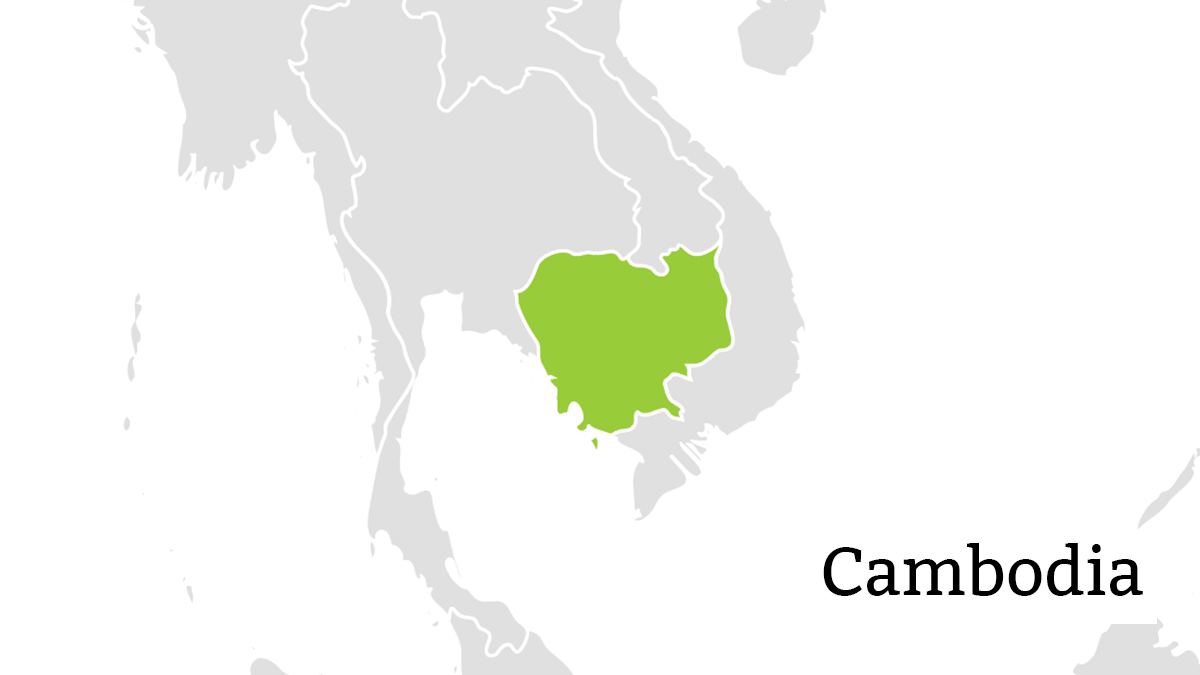
Cambodia is a lower-middle income economy, with a lower average income compared to its neighbours. Its history includes decades of devastating internal conflict into the 1990s. The United Nations designates the country as a Least Developed Country.
In this context, Cambodia has also been one of the world’s fastest-growing economies in recent history. The poverty rate has dropped from 53% in 2004 to 20.5% in 2011. Driven by garment exports and tourism, Cambodia’s economy has sustained an average growth rate of 7.7% between 1995 and 2018.
This economic growth came provided a greenfield investment opportunity for telecommunications operators. Cambodia is also one of the few countries in the world where the incumbent fixed-line telecommunications operator has not made a pivot to mobile telephony. However, this open market also came with limited regulatory stability.
Price wars were endemic in the mobile sector. Various operators struggled to reach profitability as competitors offered below-cost tariffs in a vicious price war. This called for ministerial intervention in late 2009 to set standards for minimum tariffs to ensure sustainability. Even so, the conditions led some firms to declare bankruptcy, such as Mfone in 2013, and leaving built assets underutilised in the market.
In 2012, Cambodia created an independent and autonomous regulatory agency, the Telecommunications Regulator of Cambodia (TRC) to oversee the market. Prior to this important step, rules for operators were unclear, and the mobile broadband market was rapidly liberalising with Cambodia having the world’s second-most competitive market from a de facto monopoly just five years before. The introduction of a regulator provides certainty and stewardship for the sector.
Foundational policy documents in Cambodia, such as the National Strategic Development Plan 2014-2018, National Broadband Policy 2013, and the ICT Masterplan 2020, reaffirm the political will for internet as a driver for socioeconomic development and for the government’s preference for a “competition-oriented and business friendly” strategy.
This strategy continues on the competitive strengths of the Cambodian mobile broadband market. Specific policy actions include no foreign ownership and investment restrictions and auction-free spectrum to reduce operating costs. This has incentivized investment in broadband infrastructure allowing for coverage to increase and internet prices to decrease.
Today, Cambodia has an open and vibrant telecommunications market. It has three major mobile broadband operators, on par with the global average, and an additional two smaller network operators. Cambodia has high coverage rates for 3G and 4G compared to its peers, and almost half the population over the age of 14 had a smartphone in 2016.
Around one third of the country’s population connects to the internet – 75% higher than the average for Least Developed Countries. According to the Telecommunications Regulator of Cambodia, as of July 2016, the number of active SIM cards in the country outnumbered the national population.
Market competition has enabled consistent and affordable tariffs for mobile broadband for consumers. In turn, this has led to above-average internet use rates among peer countries and below-average internet prices. Cambodia is one of only a handful of lower-middle income countries to reach the ‘1 for 2’ affordability standard – having done so for the first time in 2017.
This affordability has revealed unique next-step barriers within the Cambodian market. It breaks the global trend of the cost of data as one of the leading barriers to internet access, where internet speed is the largest perceived barrier. Despite unsatisfactory speeds, mobile internet users in Cambodia on average use 8GB per month – well above OECD or peer country averages and in line with countries like Finland and Latvia. This kind of data use is only sustainable for large proportions of the community when data is affordable.
Suggested Citation: Alliance for Affordable Internet (2020). “Cambodia: Fostering market competition for affordability.” Good Practices Database. Washington DC: Web Foundation.
